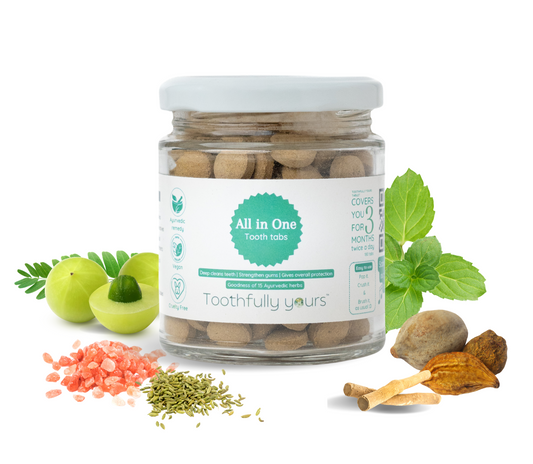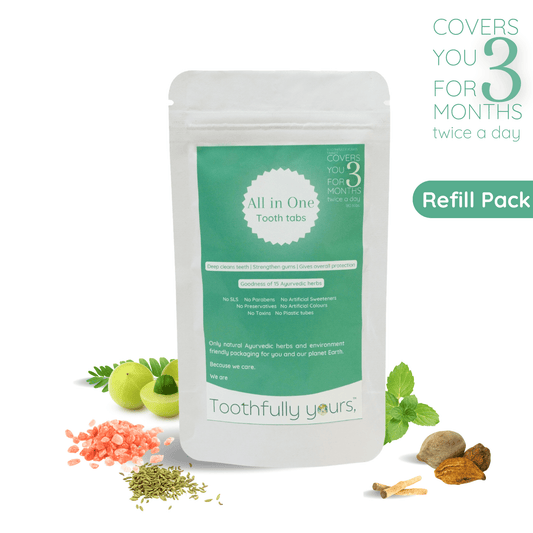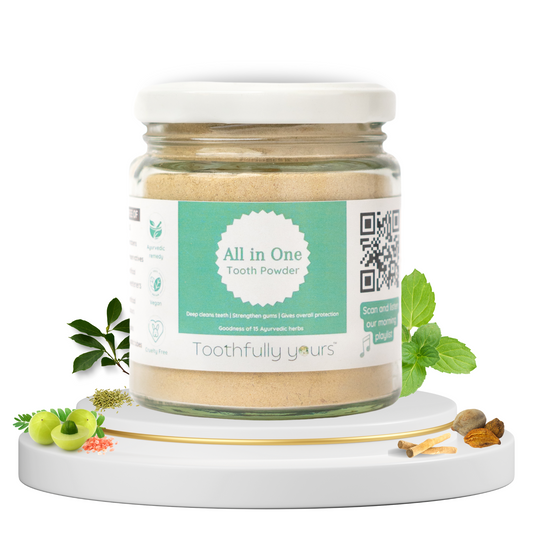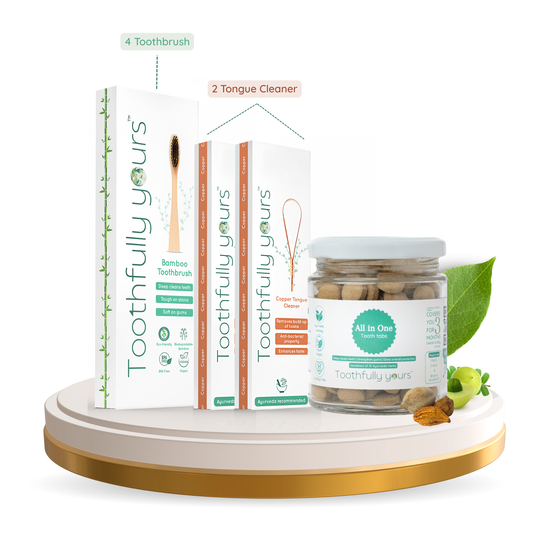
Interdental Brush vs. Dental Floss: Which Is Better for You?
People with great oral hygiene generally don’t share secret tips about their healthy teeth and gums. Almost everyone who has never been to the dentist and enjoys great oral hygiene is regular at flossing or cleaning between their teeth. When it comes to interdental cleaning, which is highly recommended to reduce cavity formation and promote good breath, two tools often come into question: interdental brushes and dental floss. Both have their unique strengths, but deciding which is better for you depends on your specific oral care needs.
Let’s dive deeper into the features, benefits, and differences of interdental brushes and dental floss to help you make an informed choice.
What Are Interdental Brushes?
Interdental brushes are small tools with a thin and sturdy handle and a tiny bristled head (flexible mostly) designed to clean the spaces between teeth. They are particularly effective for individuals with larger gaps, braces, implants, or dental bridges. These brushes offer precision and thorough cleaning by sweeping plaque and food particles from areas a toothbrush cannot reach.
One of the main advantages of interdental brushes is their ease of use. They glide into larger gaps effortlessly and are gentler on the gums compared to floss, making them an excellent option for those with sensitive gums or inflamed areas. Additionally, interdental brushes are highly effective in removing plaque from the sides of teeth and along the gum line, making them a preferred choice for people dealing with gum inflammation and bad breath.

What Is Dental Floss?
Dental floss is everyone’s favorite tool in oral hygiene. It consists of a thin, flexible thread that slides between teeth to remove plaque and food debris. Dental floss is widely recommended for people with tightly packed teeth as it can easily reach narrow spaces.
Floss is incredibly versatile, compact, and portable, making it an excellent option for cleaning between teeth, especially when on the go. However, it requires some technique to use effectively and can sometimes irritate the gums if used improperly. The best types of floss are those made with natural materials like cotton, bamboo, or banana fiber. Floss made with nylon or polyester should be avoided due to microplastics in it.
The Benefits of Each
Interdental Brushes:
- Ideal for people with braces, implants, or larger gaps between teeth.
- Easier to maneuver and more effective at removing plaque in wider spaces.
- Super gentle on the gums, stimulating circulation and reducing the risk of irritation.
Dental Floss:
- Best suited for individuals with tightly packed teeth.
- Compact and easy to carry, perfect for quick cleanups while traveling.
- Affordable and widely available, making it accessible to everyone.
Which Is Better for You?
The choice between interdental brushes and dental floss largely depends on the spacing of your teeth and your personal preferences.
One Can Opt for Interdental Brushes If:
- You have braces, dental bridges, or implants.
- There are larger gaps between your teeth that floss cannot clean effectively.
- You experience gum sensitivity or find flossing uncomfortable.
One Can Choose Dental Floss If:
- Your teeth are tightly spaced with minimal gaps.
- You prefer a portable and budget-friendly solution.
- You’re familiar with flossing and find it convenient to use.
Can I Use Both Interdental Brushes and Dental Floss?
Yes. You can use both interchangeably if both suit you and you like variety. For the best oral care results, many people enjoy combining interdental brushes and floss. Floss can target tight spaces, while interdental brushes can clean larger gaps and work effectively around braces or other dental appliances. Using both ensures a more thorough clean and helps maintain healthy gums and teeth. It is always good to have both tools in your oral care kit.
Both interdental brushes and dental floss are valuable tools for maintaining optimal oral hygiene. The key is to select the one that suits your dental structure, lifestyle, and comfort. If you’re unsure, consult your dentist for personalized advice based on your oral health needs.
Whether you choose interdental brushes, dental floss, or a combination of both, the goal remains the same: keeping your mouth clean, your gums healthy, and your smile bright

Oral Care routine your smile deserves.
Ayurveda's remedies with highly effective herbs and nothing else.
Check Now →




